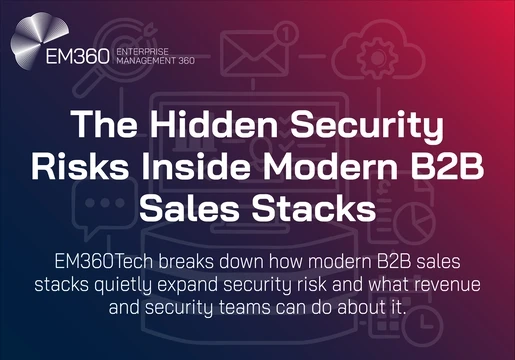testing is indisputably one of the most valuable players in cybersecurity. In today's lively threat landscape, you simply cannot have an effective cybersecurity strategy without it.
As a refresher, pen testing is the practice that is synonymous with ethical hacking. In particular, it is the process in which pen testers simulate a cyber attack to check for vulnerabilities on a network, computer system, or application. This leads to highly actionable insights in terms of bolstering cybersecurity, making pen testing a mainstay in this arena.
However, exercising pen testing is one thing; executing it well is another. Despite its ubiquity, some organisations are still not getting the most out of their pen testing. To do so, businesses must explore certain considerations at the beginning of their pen testing initiatives to find out what works best for them.
Pen testing is not a one-size-fits-all solution. Different businesses will have different vulnerabilities and criteria, in turn necessitating the use of different pen testing types.

Define what you're exploring and what you need
Organisations must hold 'scoping meetings' to outline what they would like to discover. Depending on what they are investigating, the pen testers will carry out tests in the following ways.
Some businesses will find that black box tests are the most relevant for their needs. In this case, pen testers will test the asset with extremely limited knowledge of the environment. The purpose of this is to assess the security through the eyes of a third party without any influence from the business. This method enables pen testers to identify access points to an organisation's internal assets from attackers outside of the business.
White box testing, on the other hand, gives pen testers information regarding the internal structure. Businesses can use this testing type to validate the vulnerability findings in internal assessments and, unlike black box, can simulate attacks as though from an internal perspective.
Choosing the right tester
Once a company determines its criteria, the next set of considerations surround choosing the right vendor. A simple first step is to check the certifications of pen testing companies or, more specifically, the consultant dealing with your case, such as whether they are a Certified Ethical Hacker or Licensed Tester.
Also, you should not hesitate to ask for references. In particular, ask for references from companies that share a similar nature and goals to your own. This way, you can get a better idea of the consultant's expertise. Not only that, but you can ensure the consultant has experience in technologies relevant to the ones within your business.
Our recommendation is to speak with Integrity360, a trusted advisor for some of the largest UKI companies across different sectors. Integrity360 is made up of industry professionals with expertise, knowledge, and experience that is second to none. On a mission to bring peace of mind to clients and partners, Integrity360 secures networks, infrastructure, and information to take the cybersecurity weight off businesses' shoulders.
Security consultants at Integrity360 boast top-notch certifications and accreditation, making the company an obvious choice for your pen testing needs.
Next, check out the Top 10 Strategic Technology Trends for 2020!







Comments ( 0 )